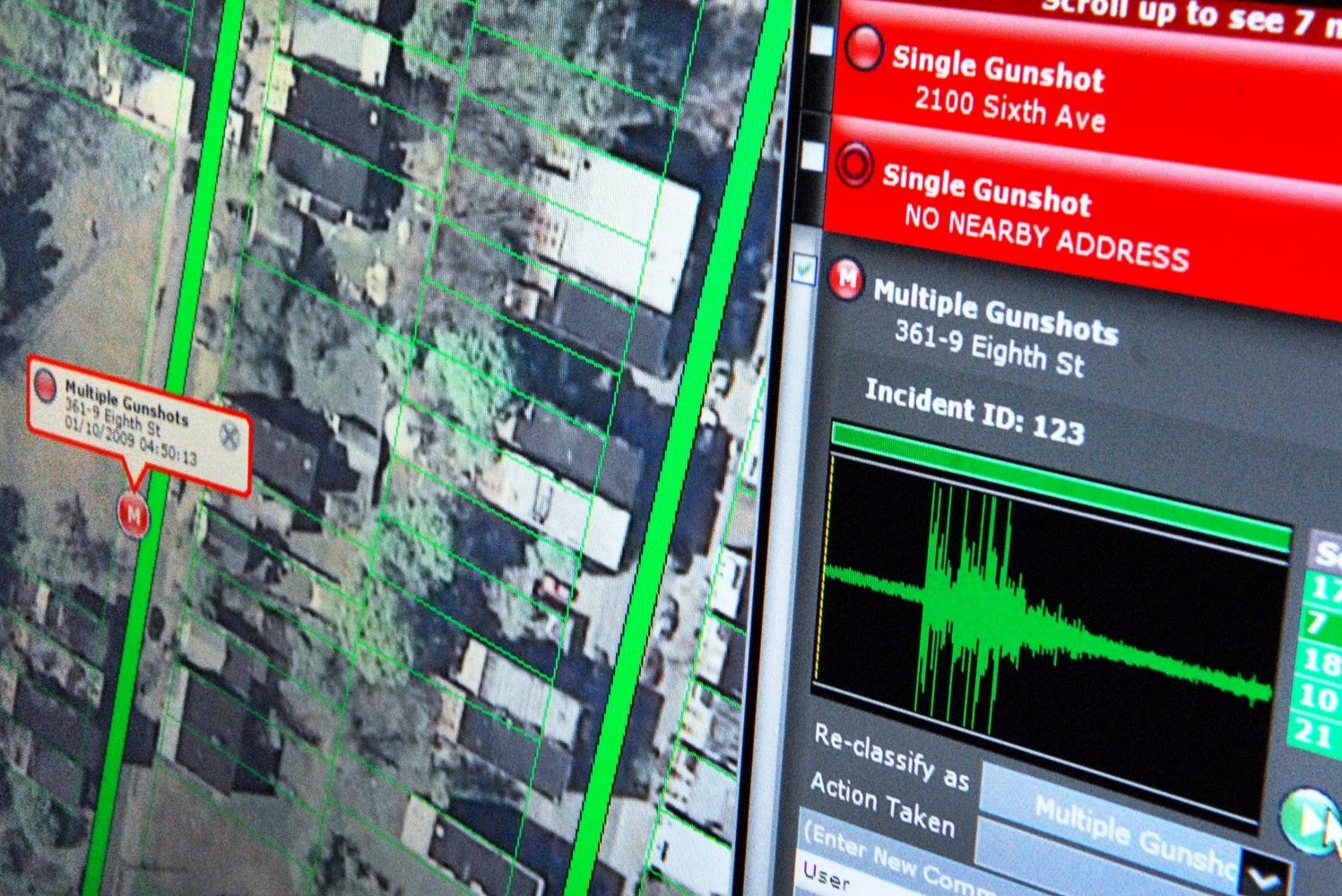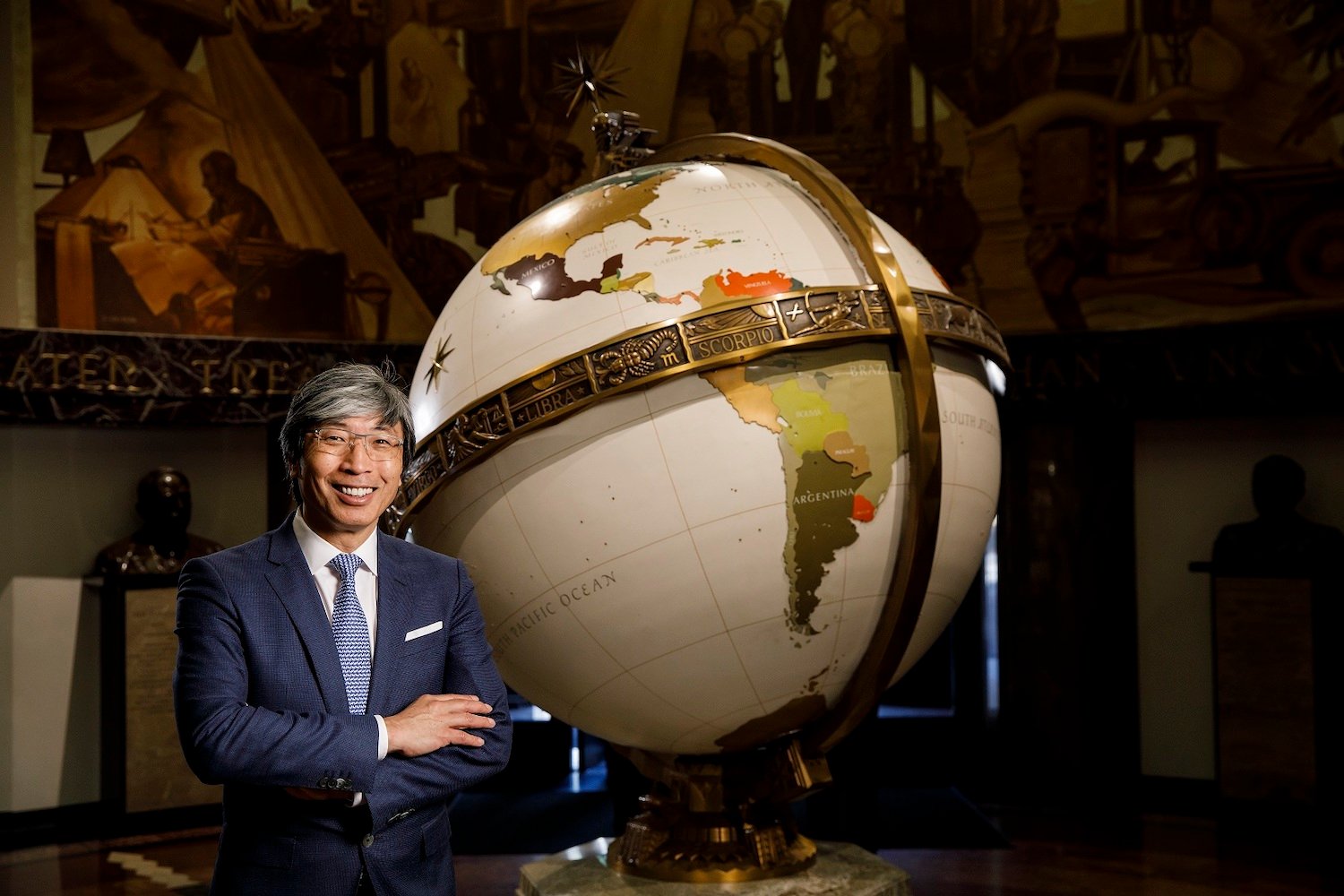Salesforce CEO Marc Benioff, known for his Hawaiian land acquisitions and recent return-to-office mandate, has been championing artificial intelligence, a technology his company is actively selling. In a TIME magazine op-ed, Benioff paints a picture of an AI-driven utopia, a “revolution” reshaping how we work, live, and connect. This article examines his vision, questioning whether it truly benefits everyone.
The Dawn of Autonomous AI Agents
Benioff highlights the rapid advancements in AI, particularly in language and ingenuity, emphasizing that these are just the beginning. He heralds a new era of autonomous AI agents, capable of independent action and augmenting human work. This rhetoric echoes the utopian promises made by tech giants in the past, from Steve Jobs’ “revolutionary and magical” iPhone to the “world-changing” potential of Facebook, Twitter, and even cryptocurrency. While these technologies have undoubtedly changed the world, the benefits haven’t been equally distributed, leaving many questioning the real impact on ordinary lives.
Digital Labor: A Blessing or a Burden?
Benioff’s vision centers around AI agents taking over tasks traditionally performed by humans. He describes a scenario where these agents handle customer inquiries, manage inventory, and coordinate shipping without human intervention, citing this as a transformative leap in productivity. This “digital labor,” as he calls it, allows companies to achieve more with fewer employees, a perspective likely shared by many in the C-suite.
However, for the average worker, the prospect of fewer jobs is far from appealing. With millions unemployed and underemployed in the United States, and millions more struggling to make ends meet, the push for automation raises serious concerns. The increasing number of older Americans still in the workforce suggests many are unable to afford retirement, further highlighting the precariousness of employment.
The Question of Trust and “Meaningful Impact”
In the face of these realities, Benioff’s call for trust in this new AI-driven landscape feels strangely disconnected. He speaks of “meaningful impact” and “unprecedented scale,” but fails to address the potential consequences for those displaced by digital labor. His vague pronouncements, filled with corporate jargon, leave the reader wondering who benefits from this “revolution.”
Stripped of the rhetoric, the message seems to be: Trust the tech elite, embrace disruption, and accept the “impact,” regardless of its specifics. This raises a critical question: Is Benioff’s vision of an AI-powered future truly a revolution for everyone, or simply a path to greater profits for a select few, at the expense of those who can least afford it?
Conclusion
Benioff’s enthusiasm for AI is understandable, given his position and the potential for profit. However, his vision lacks a crucial element: consideration for the human cost of widespread automation. While AI undoubtedly holds transformative potential, it’s essential to address the concerns surrounding job displacement and ensure that the benefits are shared more equitably. Otherwise, this “revolution” risks exacerbating existing inequalities and leaving millions behind in the pursuit of progress.











